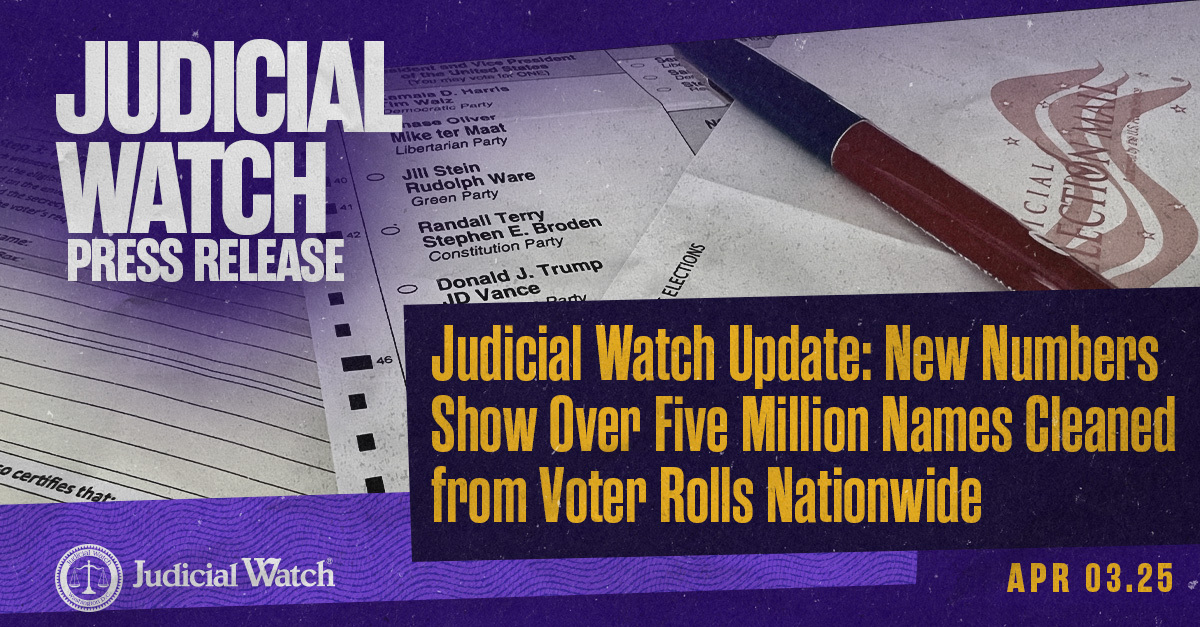
Clinton Judge Rules Voter ID Law Discriminates Against Poor, Minorities
In a ruling that will likely have a national impact on future elections a Clinton-appointed federal judge has struck down Wisconsin’s photo identification law because he believes it discriminates against poor and minority voters.
How exactly? Under the law minorities “must pay the cost, in the form of time or bother or out-of-pocket expense, to obtain what is essentially a license to vote,” according to the Judge, Lynn Adelman, who was a Democratic state senator in Wisconsin before getting his lifetime judgeship. The measure also violates the federal Voting Rights Act because its effects impact Latinos and African-Americans harder than whites, the judge writes in his decision.
Ironically, to enter a federal courthouse in the United States—Judge Adelman’s place of employment—a photo ID must be presented, whether you are white, Asian, African-American, Hispanic or any other race. This is done for security reasons just as voter identification laws are passed to prevent election fraud, which is rampant in many states. Judicial Watch has already exposed this through its Election Integrity Project, an ongoing legal campaign to force states to clean up voter registration rolls. JW’s investigations have revealed that a number of states have more individuals on voter registration lists than individuals eligible to vote, including dead people.
Wisconsin’s law passed in 2011 and has faced a multitude of legal challenges from a consortium of leftist groups, including the National Association for the Advancement of Colored People (NAACP) and the American Civil Liberties Union (ACLU). In 2012 a state judge issued an injunction banning implementation of the measure during the 2012 presidential election, but an appellate court reversed the order in 2013, ruling that the law is constitutional and therefore can be used as a tool to eliminate election fraud.
In its unanimous ruling, Wisconsin’s 4th Circuit appellate court said that the groups challenging the measure fail to make an effective argument that requiring an official photo identification at the polls is “so difficult and inconvenient” that it amounts to a “denial of the right to vote.” Therefore, the court writes, the challenge failed to demonstrate how the voter ID law violates the Constitution.
The federal ruling, issued a few days ago, says exactly the opposite. Judge Adelman writes that Wisconsin’s law violates Section 2 of the Voting Rights Act, which prohibits voting practices or procedures that discriminate on the basis of race, color or membership in one of the language minority groups. The judge asserts that Wisconsin’s measure makes it harder for low-income and minority voters to cast ballots since they are less likely to have photo IDs or even the documents required to obtain them. This violates the U.S. Constitution’s guarantee of equal protection, according to Judge Adelman.
As if the ruling weren’t bad enough, Wisconsin taxpayers will be forced to dole out more than $1 million to pay the legal fees and court costs of the leftist groups that sued to kill the voter ID law. The ACLU will be at the front of the line, but several other groups are also likely to get checks. They include the League of United Latin American Citizens (LULAC), the Milwaukee Area Labor Council and the Advancement Project. Other states across the nation have also paid hefty sums to defend their voter ID laws in court.
Dozens of states have laws requiring voters to show some type of identification and the U.S. Supreme Court has already ruled on the issue. In 2008 the high court upheld Indiana’s Voter ID law, ruling that the state’s interest in protecting the integrity of the voting process outweighed the insufficiently proven burdens the law may impose on voters. “There is no question about the legitimacy or importance of the State’s interest in counting only the votes of eligible voters,” the nation’s highest court said in its decision.
Even the famously liberal 9th Circuit Court of Appeals has ruled in favor of voter ID laws. In a decision involving Arizona’s measure, the federal appellate court found that the “photo identification requirement is not an invidious restriction” and does not violate the 14th Amendment’s equal protection clause. A renowned Latino rights group claimed the law, approved by voters in 2004 to stop illegal immigrants from voting, discriminates against Hispanics because it creates a barrier for minorities that’s tantamount to a poll tax.
















